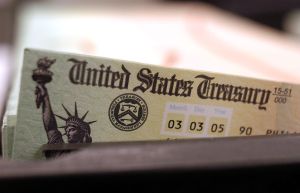New research suggests the exact hour of an athlete's bedtime could influence whether he or she will win or lose.
The findings suggest the outcome of a sporting event could largely rely on how the timing of the game matches with the athletes' internal biological clocks, Cell Press reported.
The study showed the performance of competition-level athletes varied by as much as 26 percent over the course of the day. Those who were not "morning people" tended to perform better later in the day than early risers would.
"If a 1 percent difference in performance can make the difference between first place and fourth place in a 100-meter race and actually win you the gold medal at the Olympics, then imagine what a 26 percent difference in your performance could give you," said Roland Brandstaetter from the University of Birmingham in the United Kingdom. "Our research takes us away from the idea of 'time of day of the race' and directs us more to internal biological time."
Past findings have suggested athletes tend to perform better later in the day, but these studies failed to take into account the study subjects' sleeping habits. To make these new findings the researchers used a novel test to assess the circadian phenotypes of more than 120 athletes. They then selected 20 athletes that were early, intermediate and late types and tested their cardiovascular endurance at six different times of day.
The fitness tests revealed a significant variation in the athletes' performance throughout the day based on how much time had elapsed since they would normally wake up without the aid of an alarm clock.
"[The finding] leave no doubt that the correct determination of an athlete's personal best performance requires consideration of circadian phenotype, performance evaluation at different times of day, and analysis of performance as a function of time since entrained awakening," the researchers concluded.
The findings were published in a recent edition of the journal Current Biology.
© 2025 HNGN, All rights reserved. Do not reproduce without permission.








